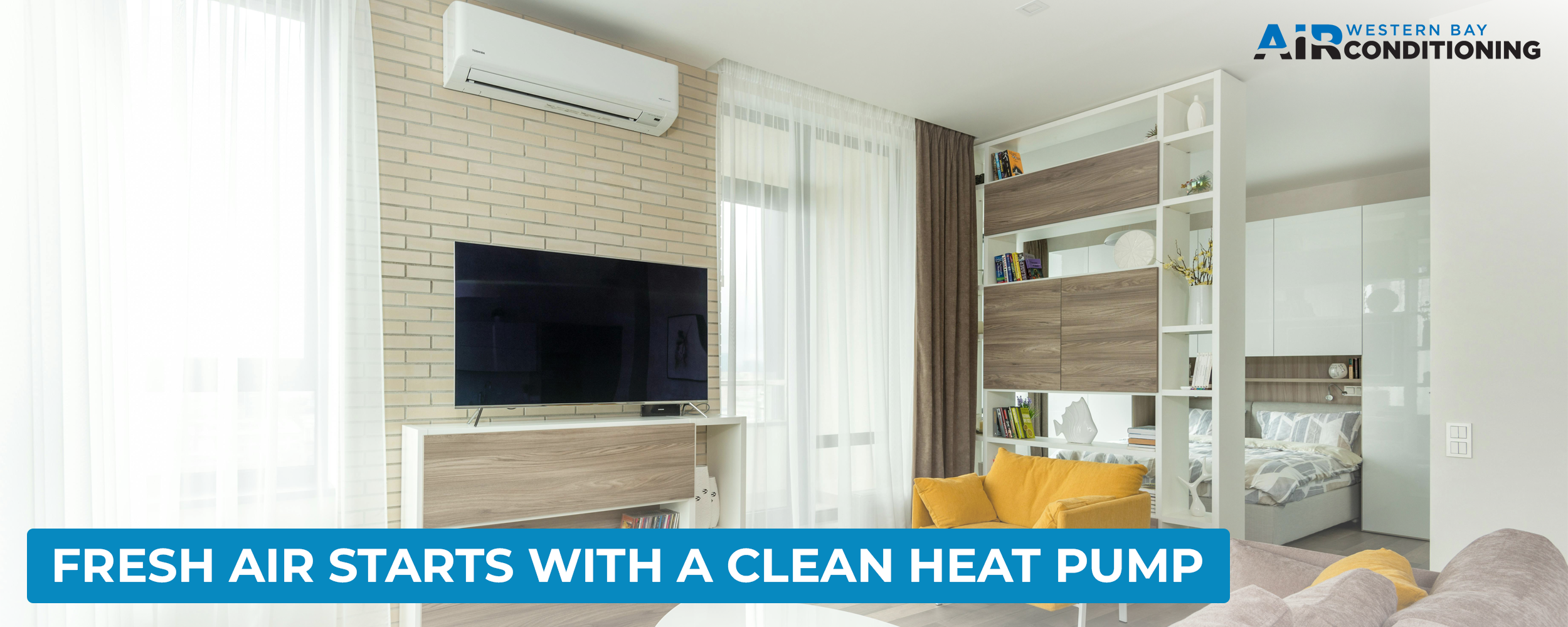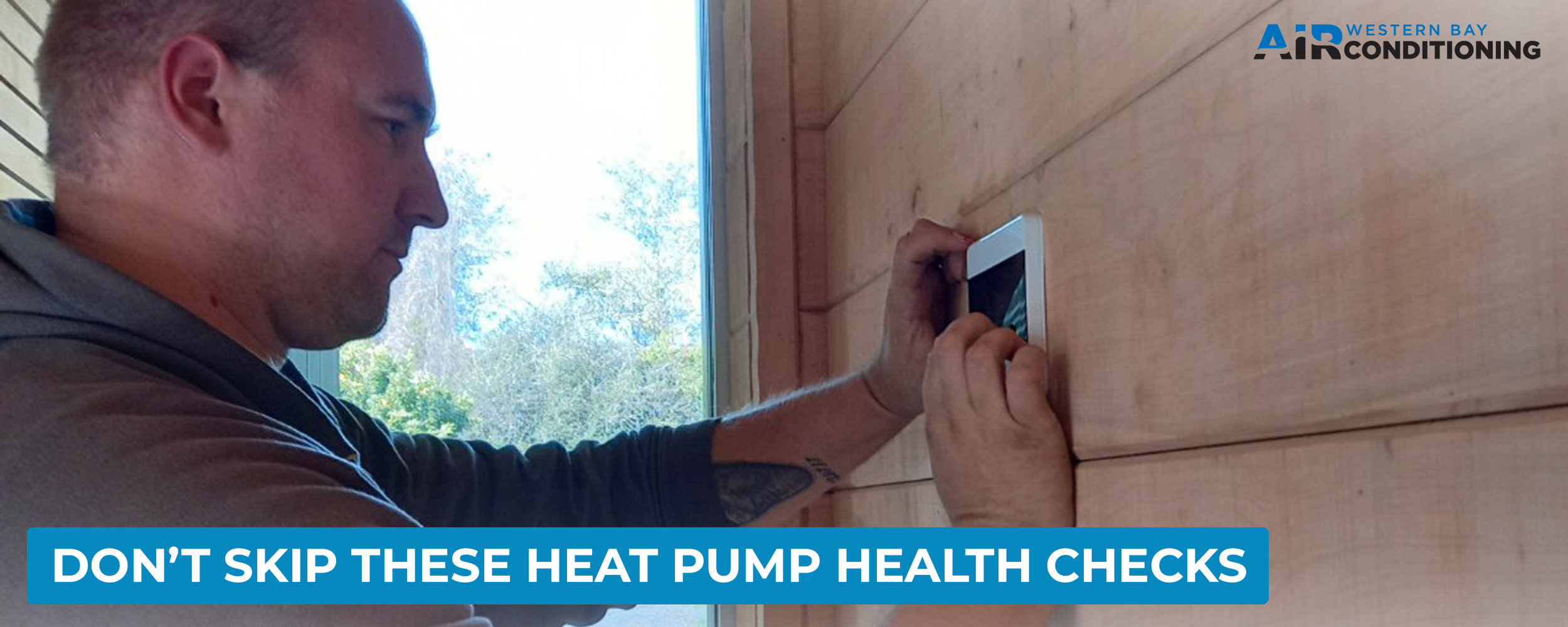Many homeowners install a unit and assume it will look after itself. The remote goes in a drawer, and months pass without a second thought. Meanwhile, dust builds up, coils trap grime, and small faults begin to grow. Comfort slips, costs rise, and the air smells stale. A professional heat pump service is the practical answer. It keeps performance high, protects health, and extends the life of your investment.
This guide explains why regular servicing matters, how expert heat pump service cleaning works, and what you can do between visits. It also offers simple buying advice for new units, including what to look for in the best heat pump service in NZ and how to choose a small heat pump in NZ for compact rooms. You will see clear steps, real examples, and a path to lower bills and cleaner air.
A neglected unit works harder to deliver the same heat. Dust and grease clog filters and coils, which reduces airflow. The outdoor unit strains, runs longer cycles, and uses more power. You notice higher bills without feeling warmer. On cold mornings, the lounge takes longer to reach a set temperature, and the machine cycles more often through the evening.
Small faults turn into big repairs when no one checks them. A loose drain can push water into the walls. A tired capacitor can fail on the coldest night. A simple heat pump service finds these issues early and fixes them at a lower cost. In most homes, one scheduled visit each year pays for itself through lower energy use and fewer breakdowns.
Vacuuming the filter helps, yet it does not reach the places where problems hide. Behind the grille, coils and the fan wheel collect fine particles and biofilm. Moist areas allow mould and bacteria to grow. This can lead to odours and trigger symptoms for sensitive family members. Only professional heat pump cleaning service reaches deep enough to remove build-up and sanitise these parts.
A trained technician isolates power, protects electronics, and uses specialised tools and solutions. Coils get a thorough clean. The drain line is cleared. The fan wheel is returned to full output. With the system reset to factory-like airflow, the unit runs with less effort and pushes out cleaner air. Your home feels fresher, and your machine works as the maker intended.

Families often ask about the Signs of poor air quality in your home. Common signs include musty smells, irritated eyes, frequent dust, and rooms that feel heavy after a night with closed windows. When the unit is dirty, it can move those particles around each time it runs. Regular servicing reduces this load and supports a healthier environment.
A clean system helps with persistent damp areas and stale rooms. It also forms part of musty-smelling house problems, so by reducing spores and dust, you lower triggers for allergies and asthma. For households with sensitive members, we can also discuss the best home ventilation systems NZ for allergies and how they work alongside your heat pump to improve indoor air.
If you plan to replace an old unit, it helps to know what to look for in the best heat pump in NZ for your home. Do not focus on brand names alone. Focus on the match between the room, the climate, and the product. The right choice will heat quickly, run quietly, and fit your budget across ownership years rather than just day one.
Key buying checks to guide your shortlist:
A good installer will size the unit to the space, consider sun and shade, and confirm noise levels. They will also talk through features that matter in daily use, such as smart controls, air filtration modes, and dehumidification. The goal is a calm, efficient unit that suits the way your family lives.
Apartments, offices, and snug bedrooms need careful sizing. A small heat pump in NZ can deliver strong comfort in tight spaces when matched correctly. Too large, and you get short cycles, noise, and wasted power. Too small, and the unit never reaches the set temperature on cold days. A home visit allows accurate measurements and a better result.
Think about placement as well. High-wall units suit most rooms, yet a floor console can help where wall space is limited or where airflow matters near a cold corridor. A tidy install should protect finishes, hide cabling, and ensure safe condensate drainage. The outcome is a discreet system that warms quickly, keeps stable temperatures, and stays easy to live with.
A heat pump is a major household asset. A planned heat pump service schedule is a small cost that protects a larger one. Cleaning coils keeps temperatures stable inside the machine, which reduces stress on electronics. Lubrication, checks on terminals, and proper gas level assessment help prevent spikes that age components before their time.
You also gain peace of mind. When a technician documents each visit, you build a clear service history. This supports warranty claims and confirms the unit’s health. Families who follow a schedule often see their heat pumps last years beyond the average. That means fewer replacements, fewer call-outs, and more stable comfort across the seasons.
Skipping maintenance pushes small faults forward until they break something more valuable. A blocked drain can flood a control board. A dirty outdoor coil can cause high-pressure faults that trip the system on the coldest night. An overworked fan motor can fail, which then damages electronics. Repair bills climb, and comfort disappears when you need it most.
A routine visit is cheaper than an urgent repair. Teams carry parts for common issues and can fix problems before they spread. They also advise on real solutions for damp and stale rooms. If you have asked, Does air conditioning help with damp houses, the answer is often yes when the system is clean and well-sized. For deeper moisture issues, your technician can discuss ventilation and drainage options as part of a wider plan.

Here is a simple list you can follow between professional visits. It keeps performance steady and helps you spot problems early.
If you notice water around the indoor unit, switch the system off and call a technician. Do not remove covers or use harsh chemicals. A trained visit is safer for the unit and your home.
Bay Aircon supports homeowners through the full lifecycle of their system. We assess the home, match the unit to the space, and install with care. After the handover, we schedule ongoing heat pump service to keep efficiency high. When families ask about air quality or damp, we provide clear, practical advice rather than a one-size-fits-all answer.
We can also help you weigh ventilation vs air conditioning for home health and guide choices that fit your rooms and budget. Some houses need more than a clean unit. If allergies affect your family, we can explain the best home ventilation systems NZ for allergies and the health benefits of a whole-house ventilation system. Our aim is to give you honest steps toward improving indoor air quality in NZ homes without pushing solutions you do not need.
A regular heat pump service is a simple step with clear benefits. You lower power use, reduce breakdowns, and enjoy cleaner air. You also protect the unit’s life and avoid costly rush repairs in the coldest weeks. Families who follow a plan often see real gains in comfort and health, especially where damp and stale air have caused problems for years.
If you want long-term solutions for the musty-smelling house issues, start with a service visit. Bay Aircon will inspect, clean, and set out a plan that fits your home. If you are buying, we will help you shortlist the best heat pump in NZ for your rooms and select a small heat pump in NZ where space is tight. Book your service today and feel the difference a clean, efficient system can make in every room.